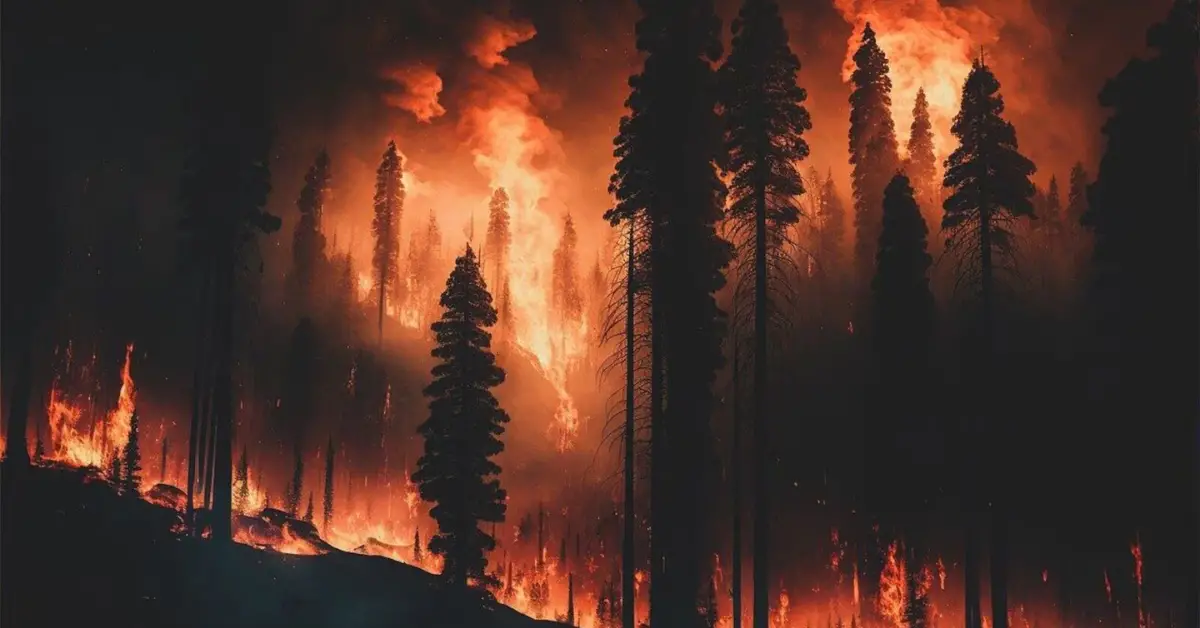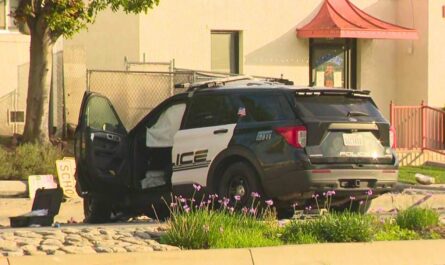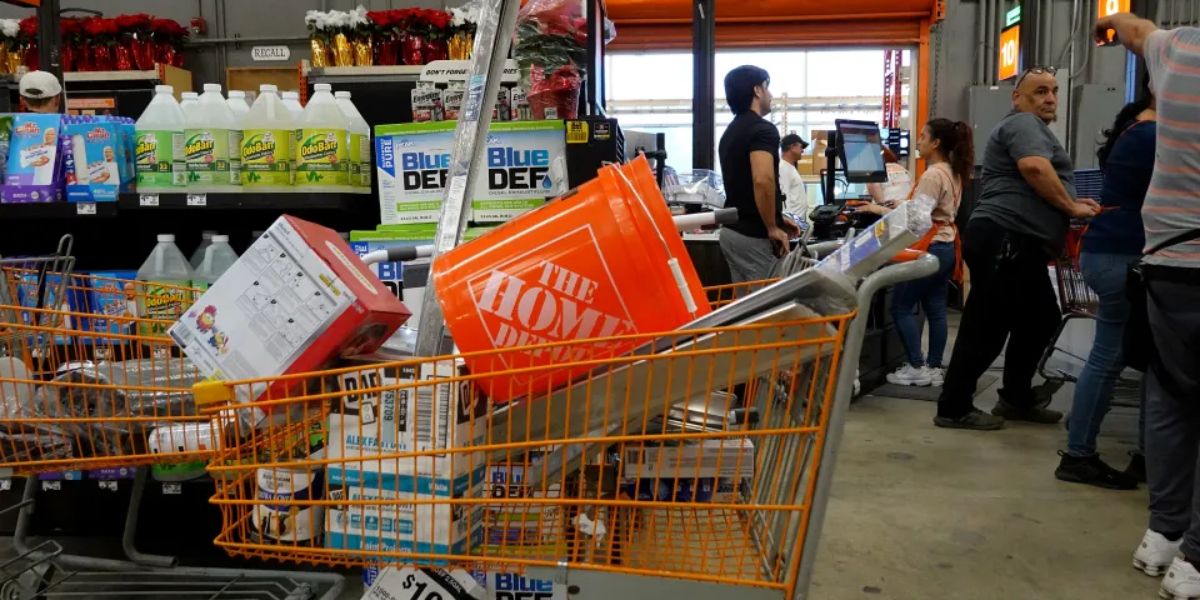Hawaii’s Supreme Court is currently addressing insurance disputes that are delaying a proposed $4 billion settlement for victims of the devastating 2023 Maui wildfires. These fires tragically claimed over 100 lives, destroyed thousands of properties, and caused an estimated $5.5 billion in damages. In the aftermath, numerous lawsuits were filed, leading to a significant settlement agreement.
Settlement Overview
In August 2024, just before the first anniversary of the fires, Governor Josh Green announced that seven defendants accused of causing the disaster had agreed to a $4 billion settlement. The primary defendant, Hawaiian Electric, was facing bankruptcy concerns, prompting this agreement.
Other defendants include the state of Hawaii, Maui County, and Kamehameha Schools, the state’s largest private landowner. While acknowledging that $4 billion cannot fully compensate for the immense losses, attorneys representing the victims deemed the settlement acceptable, considering Hawaiian Electric’s limited assets.
Insurance Companies’ Objections
A significant obstacle to finalizing the settlement arises from insurance companies that have paid over $2.3 billion to policyholders affected by the fires. These insurers wish to pursue separate legal actions against the defendants to recover the funds they’ve disbursed, a process known as subrogation.
However, a key condition of the settlement restricts insurers from seeking reimbursement beyond the agreed-upon $4 billion pool. Judge Peter Cahill ruled that insurers could only seek reimbursement from this settlement fund, preventing them from initiating independent legal actions against the defendants.
This decision has been met with resistance from a group of about 200 property and casualty insurers who argue that they should have the right to pursue their claims to hold the defendants accountable.
Understanding Subrogation
Subrogation is a common practice in the insurance industry, allowing insurers to seek compensation from parties responsible for causing losses after they’ve paid out claims to policyholders. This process helps insurance companies offset costs associated with catastrophic events, potentially preventing premium increases for policyholders. In this context, insurers argue that subrogation is essential to ensure that those responsible for the fires are held accountable and to maintain financial stability within the insurance industry.
Legal Proceedings and Potential Outcomes
The Hawaii Supreme Court has agreed to review the issues surrounding subrogation and the limitations placed on insurers. The court’s decision will significantly impact the settlement’s future. If the court allows insurers to pursue independent legal actions, it could jeopardize the entire settlement agreement, leading to prolonged litigation and uncertainty for the victims awaiting compensation.
Conversely, if the court upholds the current restrictions, the settlement process could proceed, enabling the distribution of funds to the victims. The timeline for the court’s ruling remains uncertain, and the outcome could lead to further legal challenges, potentially reaching the U.S. Supreme Court.
Impact on Victims
The ongoing legal disputes have delayed the distribution of settlement funds to the wildfire victims. Many individuals and businesses are in dire need of these funds to rebuild their lives and properties. The uncertainty surrounding the settlement’s finalization adds to the challenges faced by the affected community, prolonging their recovery process.
Conclusion
The resolution of the $4 billion settlement for the 2023 Maui wildfires hinges on the Hawaii Supreme Court’s forthcoming decision regarding insurance subrogation rights. This ruling will determine whether insurers can pursue separate legal actions to recoup funds or if they are limited to the established settlement pool. The outcome will have profound implications for all parties involved, especially the victims awaiting much-needed compensation to rebuild their lives.
Disclaimer: This article has been meticulously fact-checked by our team to ensure accuracy and uphold transparency. We strive to deliver trustworthy and dependable content to our readers.




